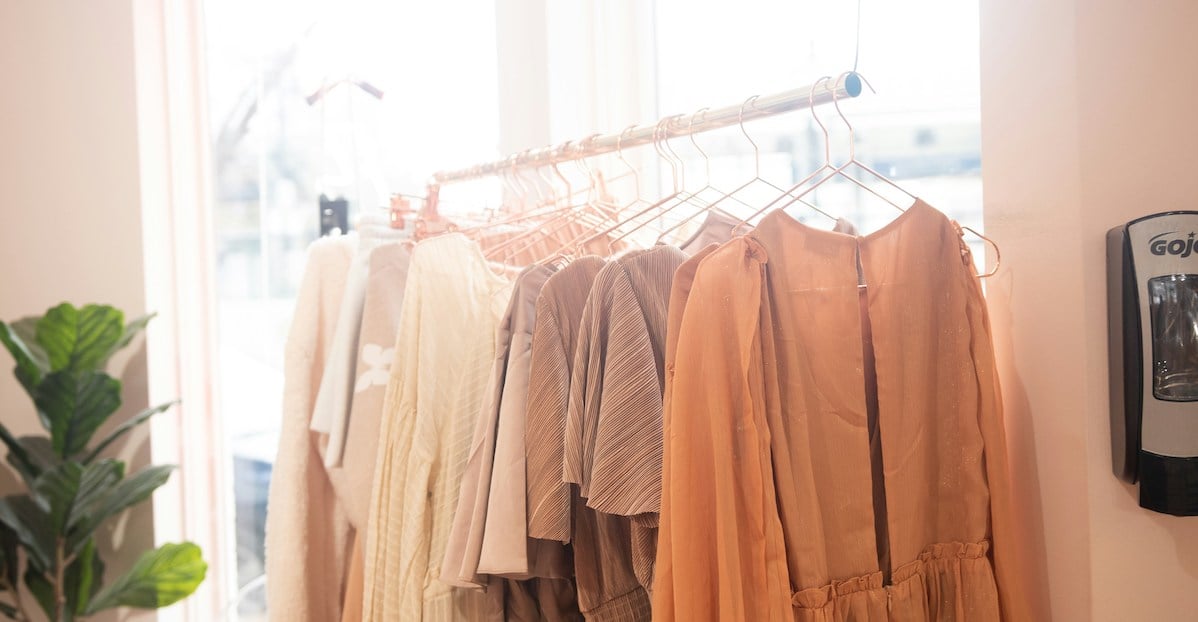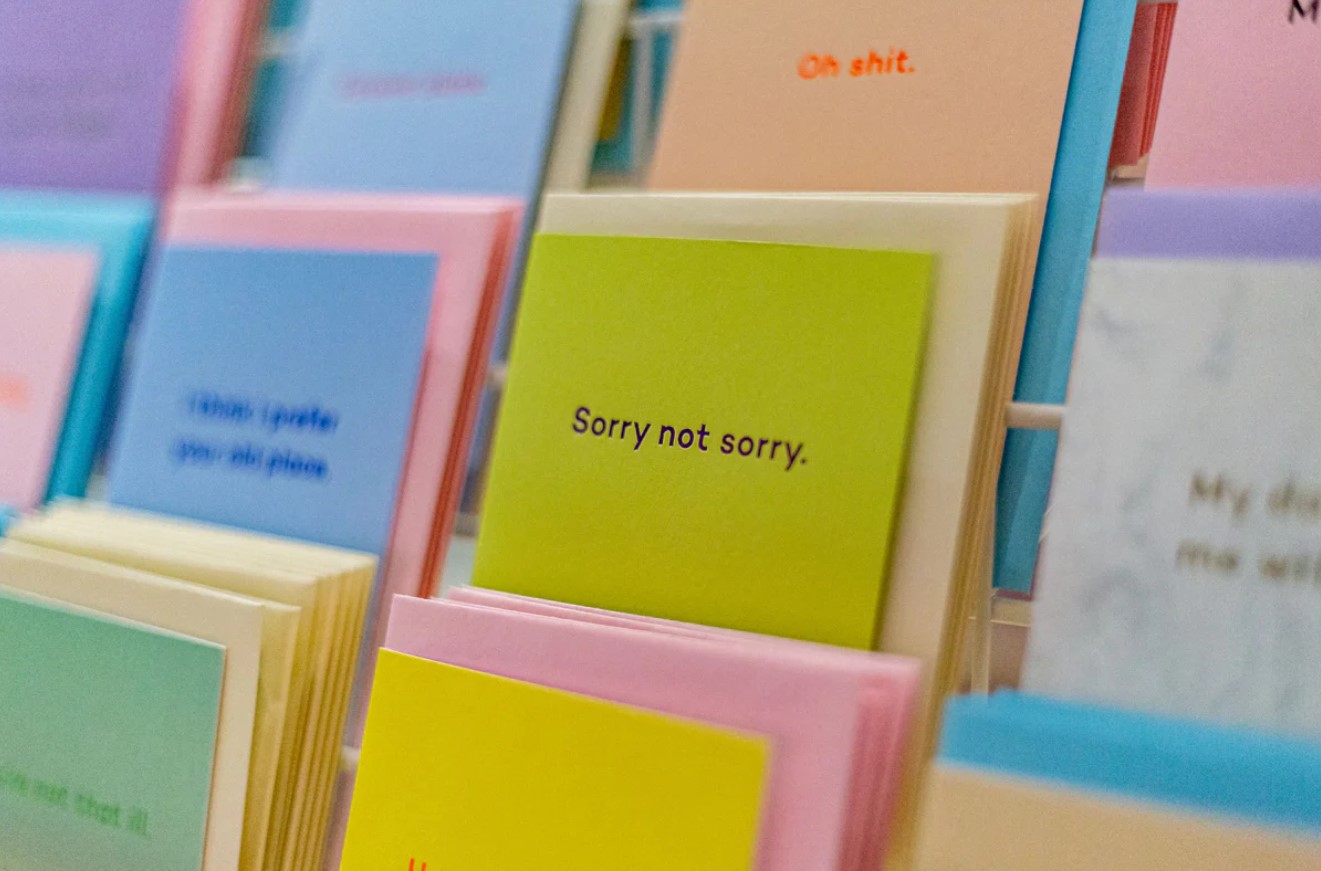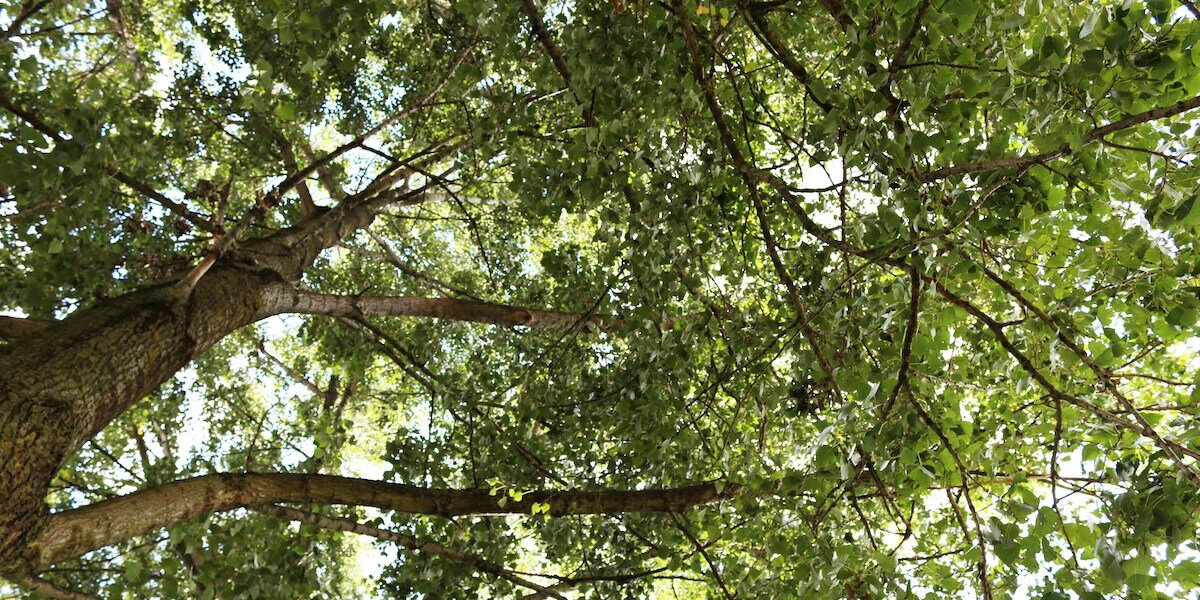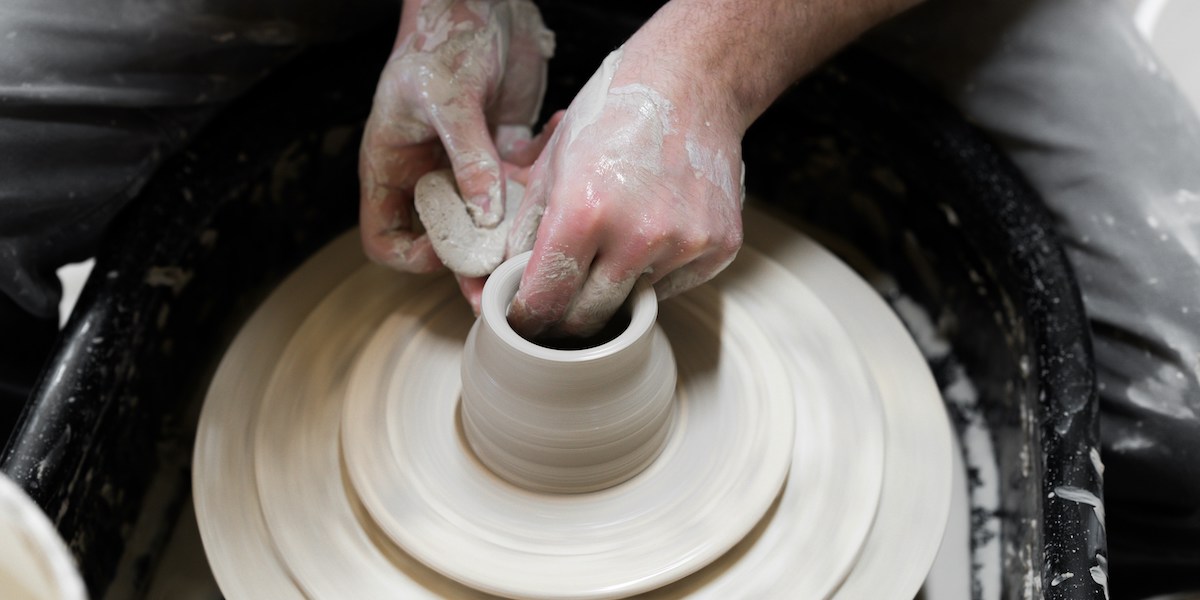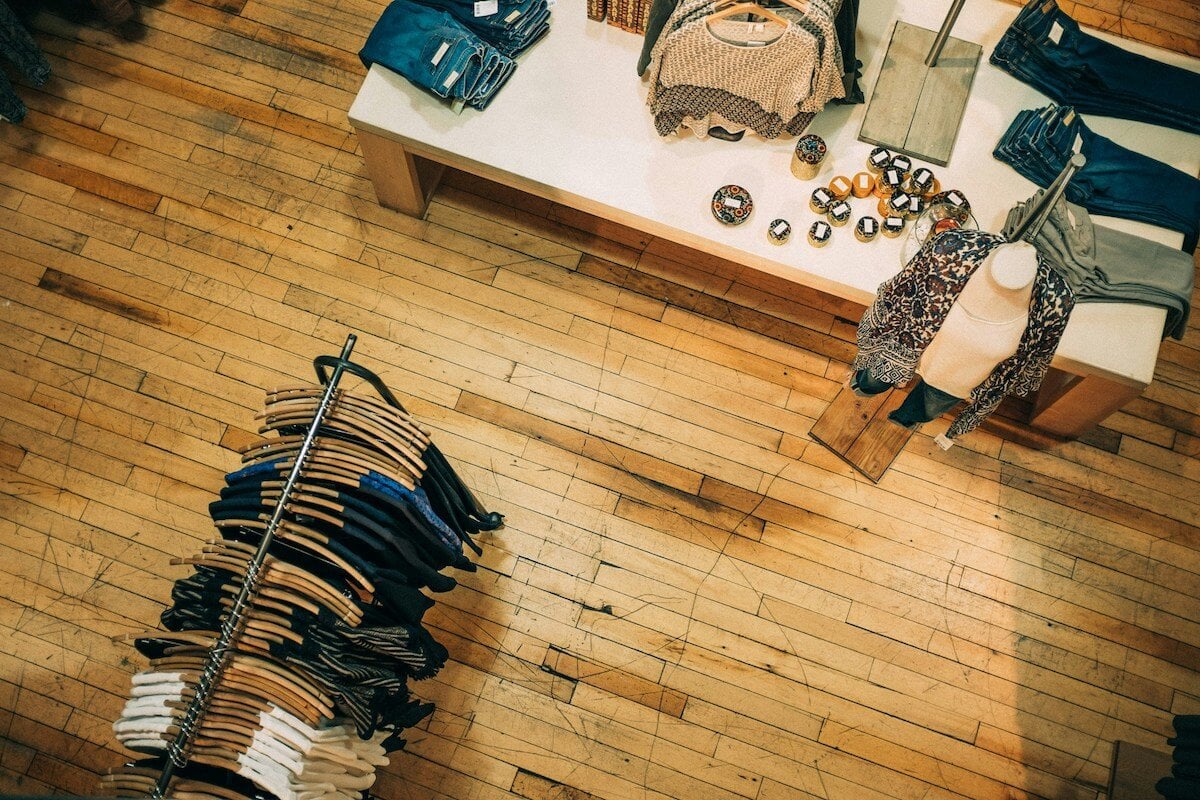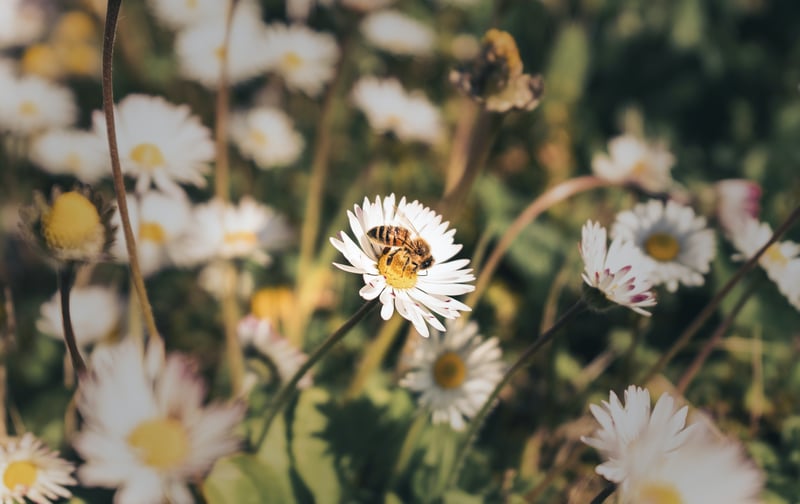
Bees are the unsung heroes of our ecosystems. Yet, in spite of that, there has been a m
assive decline in their numbers since the end of WW2, and we have lost 97% of our wildflower meadows.
The loss of insects has a knock effect, especially on garden birds, hedgehogs, and even bats that eat them. Bumblebees are needed to pollinate crops and fruit trees, but their habitats have become fragmented. They also are vitally important in helping to support our garden ecosystems and the biodiversity that depends on them. So, we’re celebrating World Bee Day by creating a buzz around three brands committed to doing their bit for our hard-working insect friends.
On this page
1. Seedball
Created by conservation scientists, Seedball offers a new twist on an ancient technique for increasing seed germination rates – helping to fill our gardens, balconies and window boxes with native wildflowers, bees and butterflies. Established in 2012, Seedball is a multiple award-winning gardening product that appeals to gift-givers, non-expert gardeners, and people keen to support their back-garden wildlife. It’s also ideal for people with limited mobility, as well as offering a fun educational tool for children learning about nature.
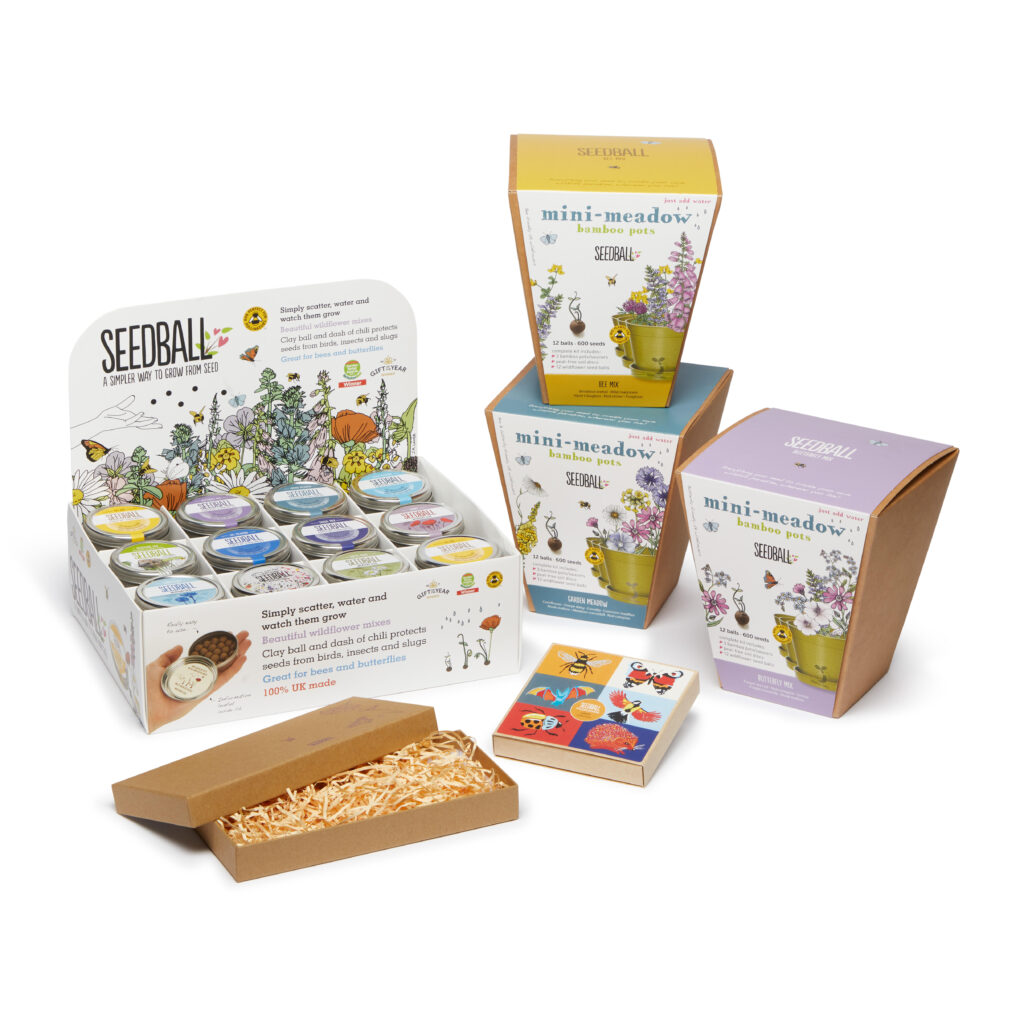
Native wildflowers are naturally slow to germinate, and as such, loosely scattered seeds can often be eaten by ants, birds and mice. Seedball helps to solve this problem by encasing the seed in a protective ball of clay, compost and chilli.
A barrier of dried outer clay means that the seed is inaccessible to predators, and once sufficient water permeates the clay, the seed inside will begin to germinate – helped along by the nutrients and minerals contained within the ball. The chilli powder continues to deter slugs and snails while the seed ball slowly degrades and the seeds sprout.
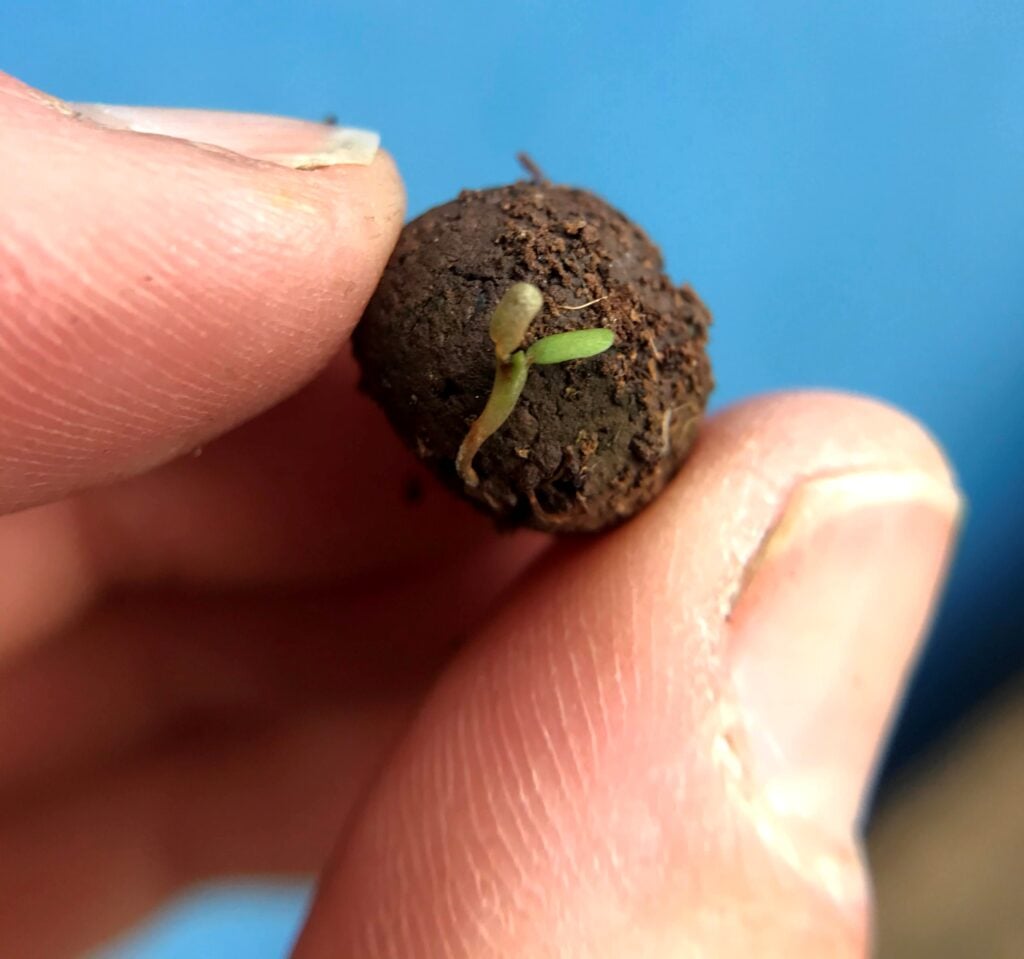
Seed balls are straightforward to use – simply scatter on top of soil or compost (no digging or expertise required!) and nature will do the rest. Offering bee-specific seed mixes, as well as for a range of other bugs and critters, Seedball is a great brand to stock up on if you’re looking for impactful, eco-conscious brands.
For more tips on how you can cultivate a bug and bee-friendly garden, check out their tips here.
2. Sister Bees
Sister Bees began with Kelly’s beekeeping hobby. Struggling with facial eczema, she soon discovered that by using beeswax, coupled with other healthy ingredients, she could not only improve, but rid herself of eczema completely.
Soon after this realisation, she and her sister Kim began making more bee-related cosmetics such as lip balms, soaps, deodorants and more. Having since branched out into bee-themed home and giftware, they’re all about championing nature’s busiest insect. They now partner with local beekeepers to source their honey and the wax for the candles they sell.
3. Bees with Stories
Bees with Stories is the first brand of bee products exclusively sourced from Africa, enabling African beekeepers to sell their bee products to customers around the world. Founder Madvee had an idea and turned it into a project – Bees with Stories. Through ‘Bees with Stories’, she hopes to showcase that profit-making enterprises can exist while still having a positive social impact.
After a year or so of field research in the apiculture sector in Africa, it became obvious to Madvee that the most significant challenge faced by African beekeepers is the inability to access markets and fetch a fair price for their products. Lack of traceability and branding, high transaction costs, weak negotiation skills and bargaining power, and poor market information are the underlying reasons why African honey varietals hardly ever make it to the international market despite their premium quality, which can match any high-quality honey produced anywhere else in the world.
Most African honey varietals are organic by default, with African beekeeping often practiced in remote areas where the bees are surrounded by native vegetation, free of GMOs, pesticides, pollution, cities, and busy roads — some of the basic requirements for organic beekeeping. The hives are made exclusively from naturally occurring materials, such as wood, and no chemical glues/residues and plastics are used in and around the hives.
With the aim of putting African bee products on the map while doing some good along the way, Bees with Stories has started with an introduction of African honey varietals, highlighting their unique identity and flavours while bringing additional income to the communities behind their production.
Not registered with CREOATE yet? Sign up now and start shopping wholesale with us today.
Read More Articles:
- Top 6 Window Display Ideas
- What is RRP?
- What is an EORI Number?
- 11 Shopfront Signage Ideas
- 11 Best Scandi Wholesale Homeware
- 12 Best Quirky Wholesale Homeware Brands
Browse Popular Categories at CREOATE: Wholesale Jewellery | Wholesale Gifts | Wholesale Stationery | Wholesale Beauty Products | Wholesale Mugs | Wholesale Homeware | Wholesale Pet Supplies | Wholesale Gourmet Food | Wholesale Garden & Outdoor | Wholesale Baby & Kids Products
Browse Trending Collections on CREOATE: Wholesale Halloween | Wholesale Mother's Day Gifts | Wholesale Father's Day Gifts | Wholesale Valentine's Day Gifts | Wholesale Spiritual Supplies
>> View all



